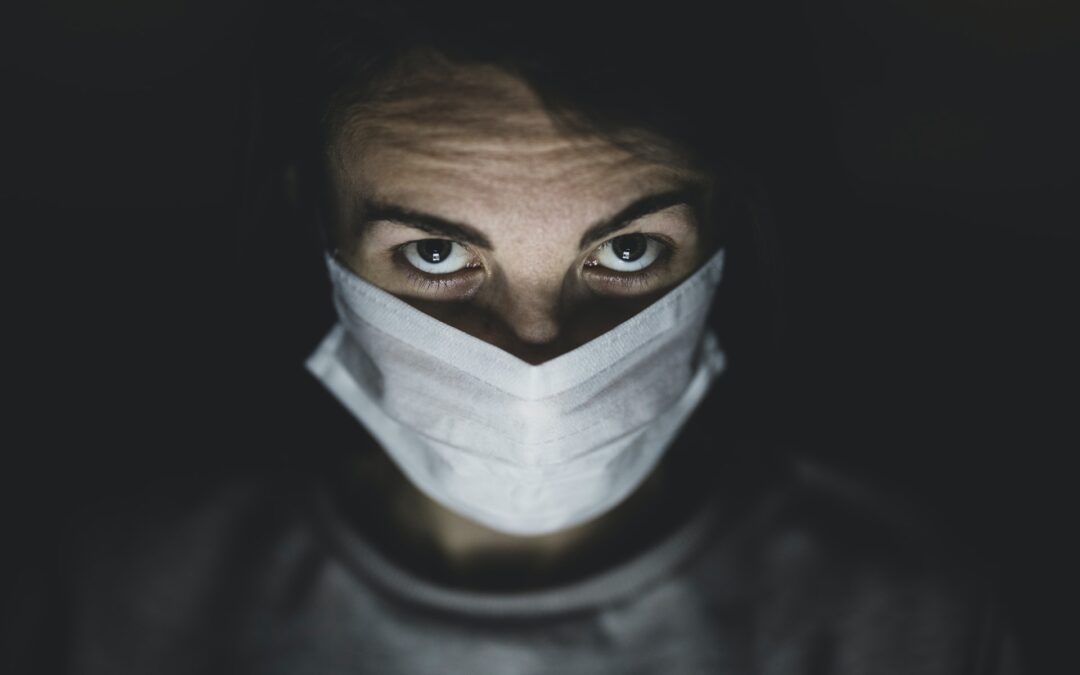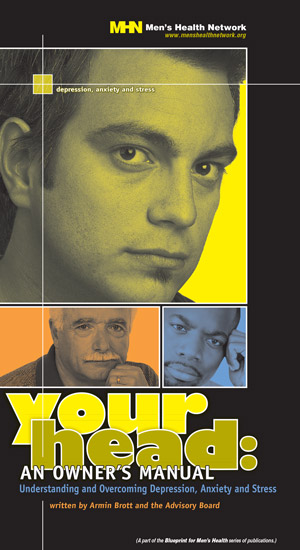Dear Healthy Men: You’ve written about how men are more likely to get sick with the corona virus and I feel bad for them. But what about other problems that the virus is causing, like unemployment? I read that more women are losing their jobs than men are. Do you think that’s fair?
A: There’s absolutely nothing fair about the corona virus and the terrible toll it’s taking on individuals, families, and economies all over the world. But there’s also nothing fair about a comparison between getting deathly ill or dying and losing a job. Given the choice, I’m quite sure that most people who lost their lives to the virus would have picked unemployment over death. Actually, for men, the two options are more closely related than you might think.
A recent paper published by Well Being Trust (https://wellbeingtrust.org) and the Robert Graham Center (https://www.graham-center.org) estimates that in the United States alone, in addition to the deaths directly caused by COVID-19, there could be as many as 75,000 “deaths of despair”—deaths that will be attributable to suicide or substance abuse, which itself may be triggered by job loss, social isolation, and/or massive levels of uncertainty about what the post-COVID future will be like. Based on decades of previously gathered data, the overwhelming number of those collateral deaths will be male. Two thirds of opiate overdoses are boys or men, as are 78% of alcohol-related deaths and 80% of suicides.
As more data comes in, I’m confident that we’ll see even more deaths correlated with—but not directly caused by—COVID. Let me explain. While COVID-19 is clearly an important health crisis, it has, unfortunately, made a lot of people completely forget about other health issues that need their attention. For example, most people aren’t getting their regular dental checkups. That may not sound like a very big deal, but there’s an established connection between gum disease and an increased risk of heart disease. Men area already half as likely as women to see a healthcare provider. But while millions of us are still under lockdown, a lot of people haven’t been able to see their primary care or specialty care doctors to manage chronic conditions such as diabetes, obesity, or breathing problems. And what do heart disease, diabetes, obesity, and pulmonary disease have in common? They all increase the risk of developing—and the severity of symptoms of—COVID-19. Oh, and they all affect men more often and more severely than women.
One of the most effective ways all of us—male, female, young, and old—can help ourselves and our loved ones during crises such as the pandemic we’re in the midst of is to take concrete steps to make ourselves more resilient. The more resilient you are, the better you’ll be able to prepare for, recover from, and adapt to stress, challenge, and adversity. That’s why I’ve partnered with Brooklyn Integrative Health and UPstream Health to create a four-part webinar series called “Building Resilience,” that’s designed to improve, health, safety, and well-being for you and your family. The first session is on May 28. You can find out more and register at http://upstream-health.eventbrite.com
Thanks to engin akyurt for sharing their work on Unsplash




Recent Comments